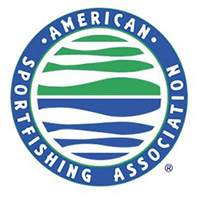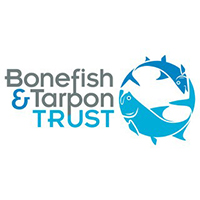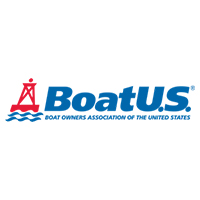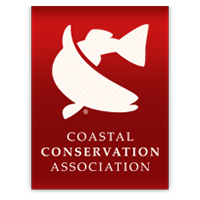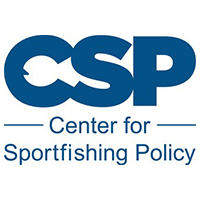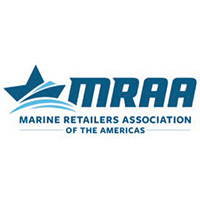Protect Coastal Recreation and the North Atlantic Right Whale
Understanding NOAA’s Proposed Speed Rule
Protecting coastal recreation is vital to creating a sustainable future for our oceans and the marine wildlife that call them home.
The National Oceanic and Atmospheric Administration (NOAA) is preparing to finalize new regulations along the Atlantic Coast that, while designed to protect the endangered North Atlantic right whale, unfortunately come at the expense of coastal recreation, including fishing, boating and tourism. The truth is, coastal communities rely on recreation to support their livelihoods and pump money into their economies.
But it’s not just about economics. Coastal recreation is a way of life for many Americans, providing opportunities for relaxation, exercise, and connection with nature, and must be preserved for future generations.
Responsible stewardship of our oceans requires us to consider the needs of all stakeholders, including coastal communities and businesses. At CoastalRecreation.org, we’re advocating for a balanced approach that protects the endangered North Atlantic right whale and coastal recreation. By working together, we can find solutions that protect both our natural resources and our way of life.
and the North Atlantic right whale. Together, we can create a sustainable future for our oceans and coastal communities.
What’s At Stake
The recreational boating and fishing industry wants to work in coordination with NOAA and key stakeholders to identify technology based, data-driven solutions – including innovative tracking and monitoring technologies – that protect the North Atlantic right whale without jeopardizing coastal communities. Without a more balanced approach, coastal economies and boater safety are at stake.
Economic Impacts to Coastal Communities
NOAA’s proposed rule changes will restrict access to the Atlantic Ocean, making boating and fishing trips unsafe and undesirable. Cancelling these trips means the economic contributions to coastal economies are nonexistent. Along the East Coast, 63,000 registered saltwater fishing boats are impacted, and 340,000 American jobs and nearly $84 billion in economic contributions are in jeopardy.

Boater Safety
NOAA did not take into account how small recreational boats under 65 feet are designed and used. Recreational boats are not large ocean-going vessels, which are built to cut through choppy waters and withstand turbulent weather. Requiring small recreational boats to travel at 10 knots (11 mph) in the open ocean puts boats at greater chance of capsizing or swamping, putting boater safety at risk.
In The News
Alaska’s Mary Peltola: NOAA Overreached on Right Whale Vessel Speed Rule
The lawmaker said in a letter to NOAA the ‘proposed rule assumes new protections for whales for which NOAA…
Politicians Ask NOAA to Suspend Whale Rule
Four U.S. representatives signed a letter requesting the agency to suspend further action on its rule intended to protect…
US Representatives Ask NOAA To Suspend Right Whale Rule Action
Four members of the US House of Representatives have asked the National Oceanic and Atmospheric Administration (NOAA) Fisheries division…
Contributors
